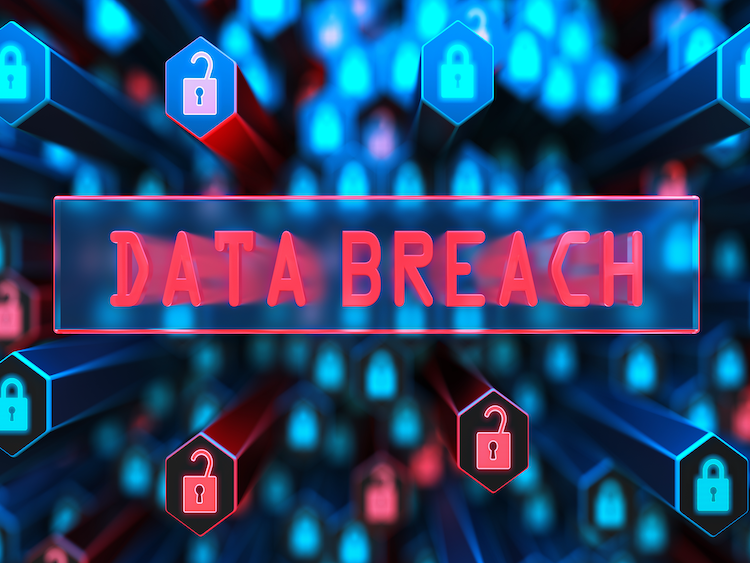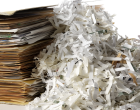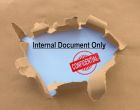8 Tips to Prevent Data Breaches
Advice from a Certified Document Destruction & Records Management Company
The term data breach has become a standard phrase in our conversations. Yet, this generic term carries with it many meanings. When you think about a data breach, what comes to mind? A hooded figure in some dark room staring at a computer screen and typing furiously to hack into a system? The term is vague but generally means that secure or private information has been moved to an untrustworthy environment. The most surprising part is that, quite often, this movement of data isn’t intentional. Yes, it can be an unscrupulous hacker, but it can also be an employee going about their day with a touch of negligence or sheer naiveté. They may answer the wrong email or throw out paper documents instead of placing them in secure shredding bins.
8 Best Practices to Prevent Data Breaches in Your Company
While data breaches will continue to happen, it is easier to prevent them than recover from them. Here are eight best practices to get you on your way to a more secure business:
- Use strong passwords. Gone are the days when you could use your pet’s name for six different accounts. Today, you need strong passwords and multi-factor authentication on all your accounts and devices.
- Update software immediately. The notifications you receive on PCs and laptops aren’t intended to waste your time and cause you irritation. They are in place to ensure that any vulnerabilities within your system are identified and addressed. Technology companies spend hours monitoring their products and solutions to prevent or fix potential issues. Take advantage of their diligence and keep your devices safer by going along with their cyber safety measures.
- Audit social media accounts. Whether it is your company or your personal site, social media accounts provide a plethora of information ripe for the taking. Stay on top of data by regularly reviewing social media and removing personally identifying items such as birthdays, names, and addresses.
- Follow state requirements. Be familiar with what is required for your state and industry. A certified data records company can help you identify those items you should keep. They go through the necessary steps to be certified to help you.
- Keep only the minimum information needed. In general, you shouldn’t need to keep a ton of customer information on file. What you do keep should be the least amount possible to conduct business.
- Restrict employee access. Employees don’t need access to every system or every area within a system. It’s prudent to lock up physical records or store them offsite and to limit access to digital files.
- Train employees. Besides limiting access, train your employees to recognize phishing emails, create better passwords, and follow best practices for handling paper and digital files securely.
- Utilize professional shredding and destruction services. Get rid of those records and computer hardware you no longer need by engaging a professional service. These companies have the equipment to shred and eradicate all types of documents and stored data. They will even provide you with a certificate of destruction when they are done.
Protect Your Data Records with Crown Information Management
Stop data breaches by finding a reliable, certified company to safely destroy and securely store your records. The team at Crown Information Management understands the risks you face from hackers and employee negligence. We are a NAID AAA and PCI Certified company, and we are here to help. Our trucks come to your location, shred everything while onsite, and give you a document of destruction when we finish. You can also depend on us to destroy other items like hard drives, media, and X-rays. In addition, we can help with records storage solutions. Learn more when you call us today.
For timely destruction of documents, products, and hard drives, and secure, pest-free storage with a SOC1 Level 2 Report,NAID AAA, and PCI Certified company, call Crown Information Management at 800-979-9545. You can also contact us online to learn more about our document storage and shredding services.






